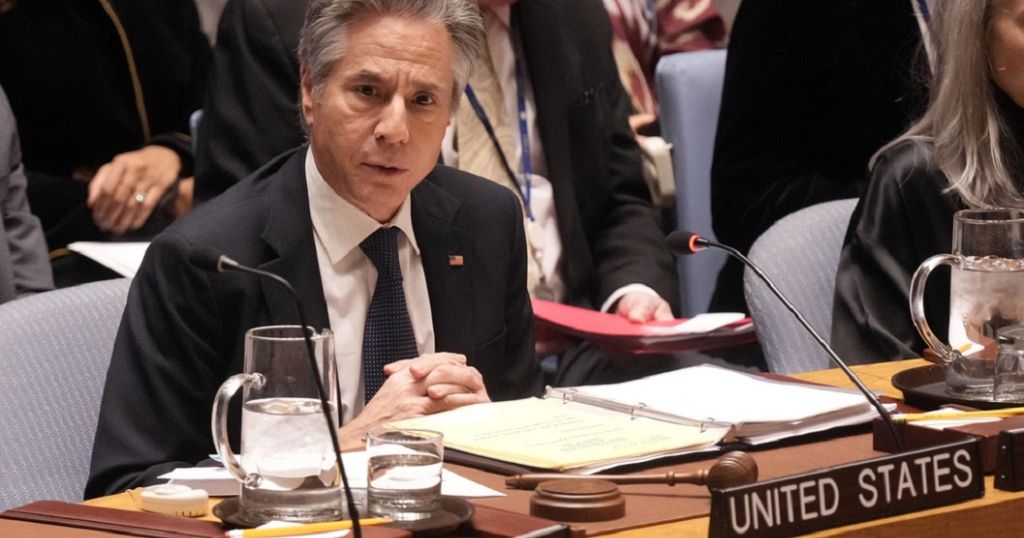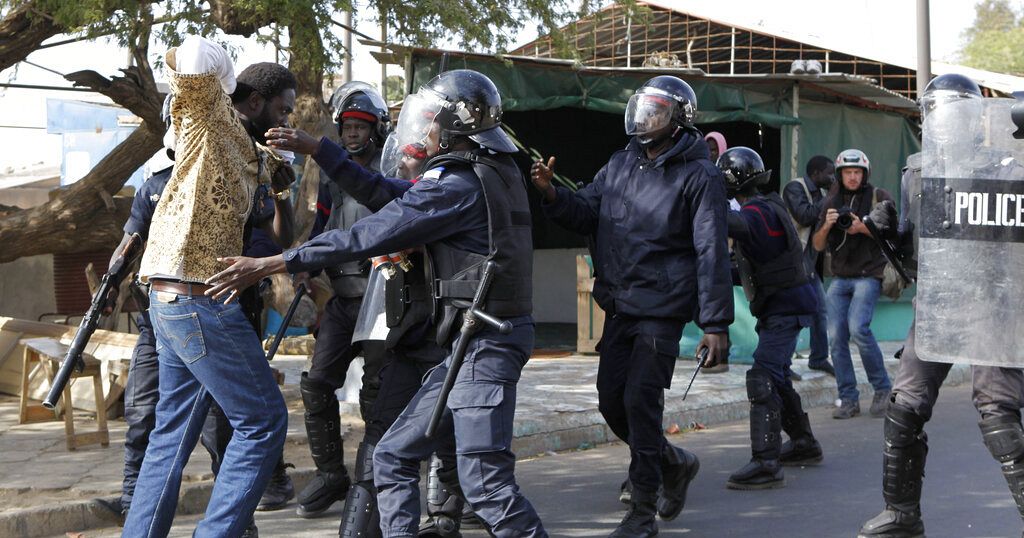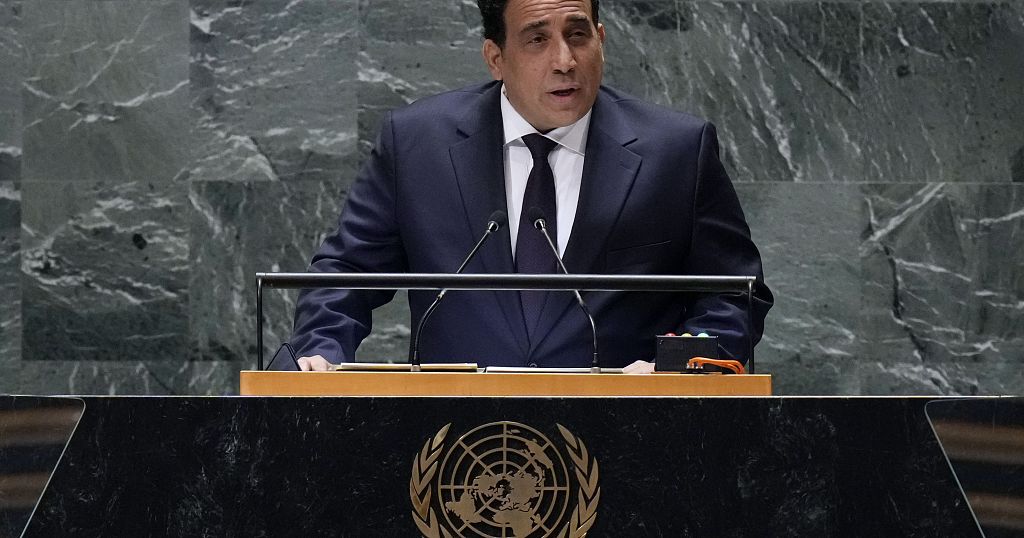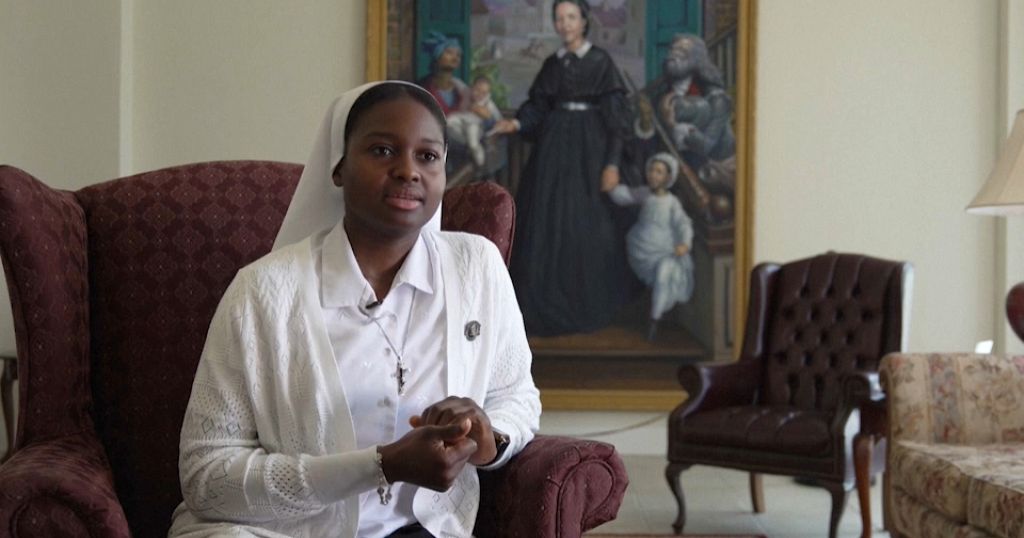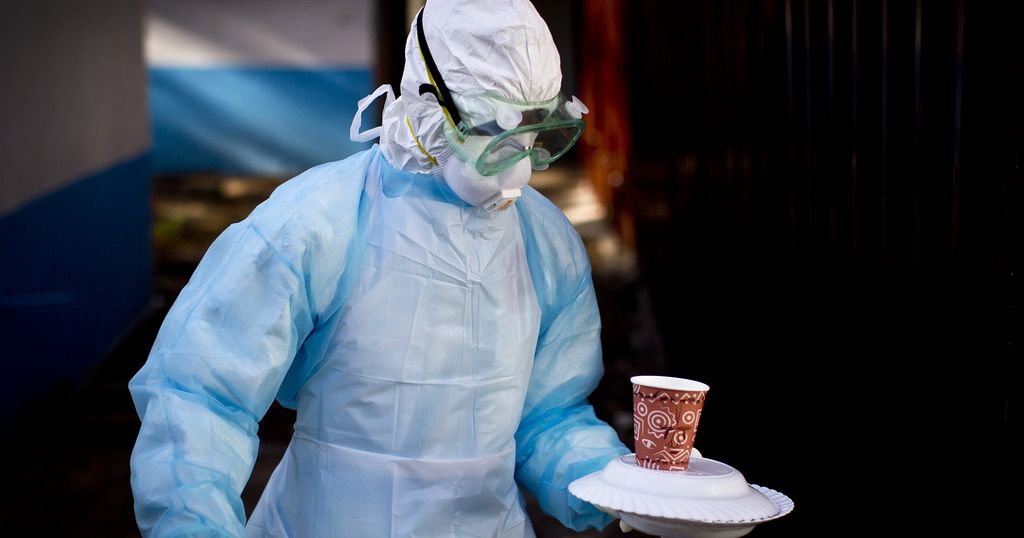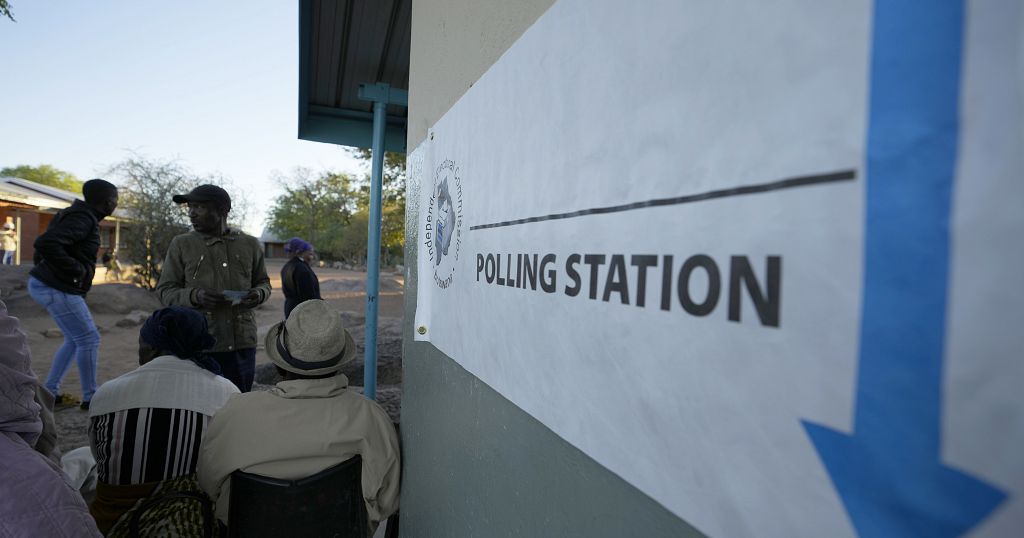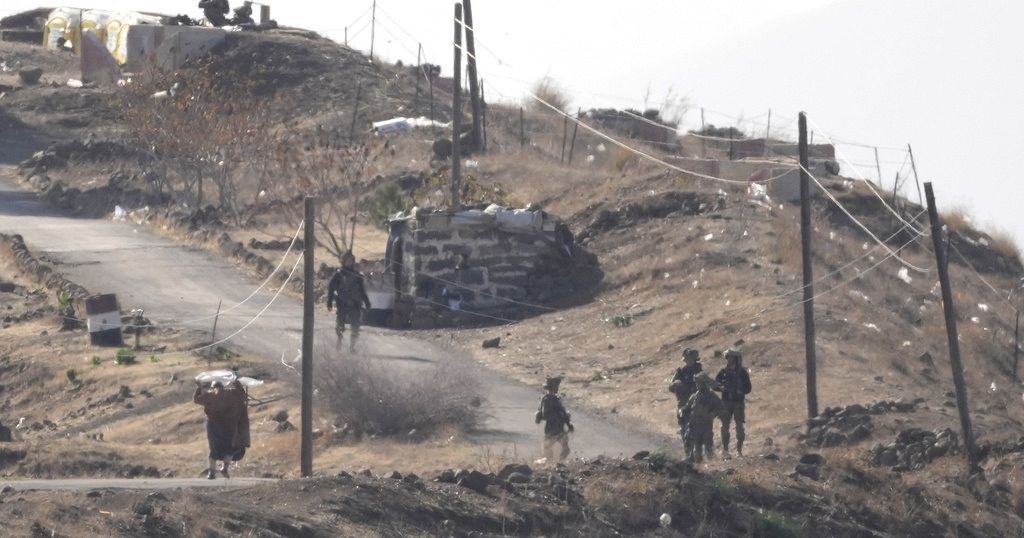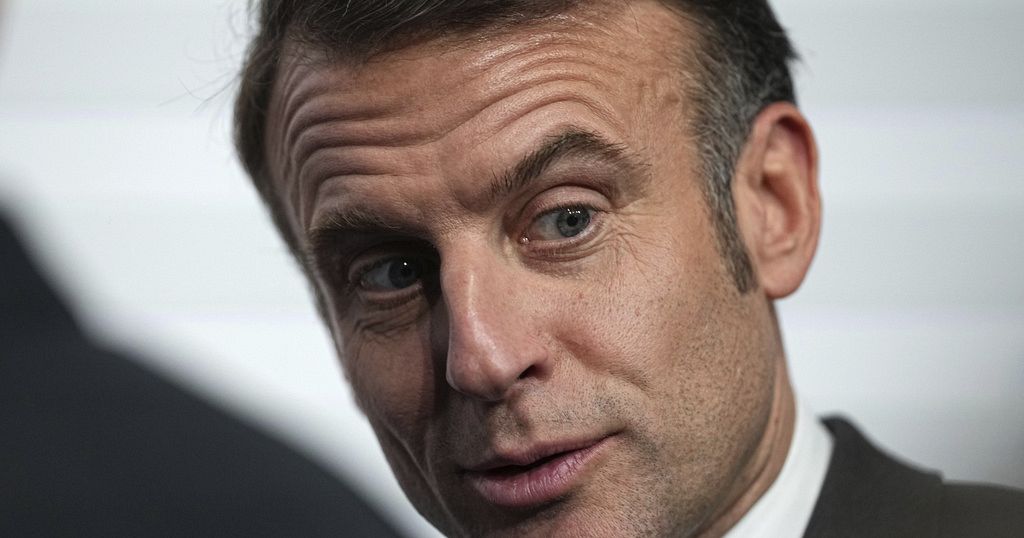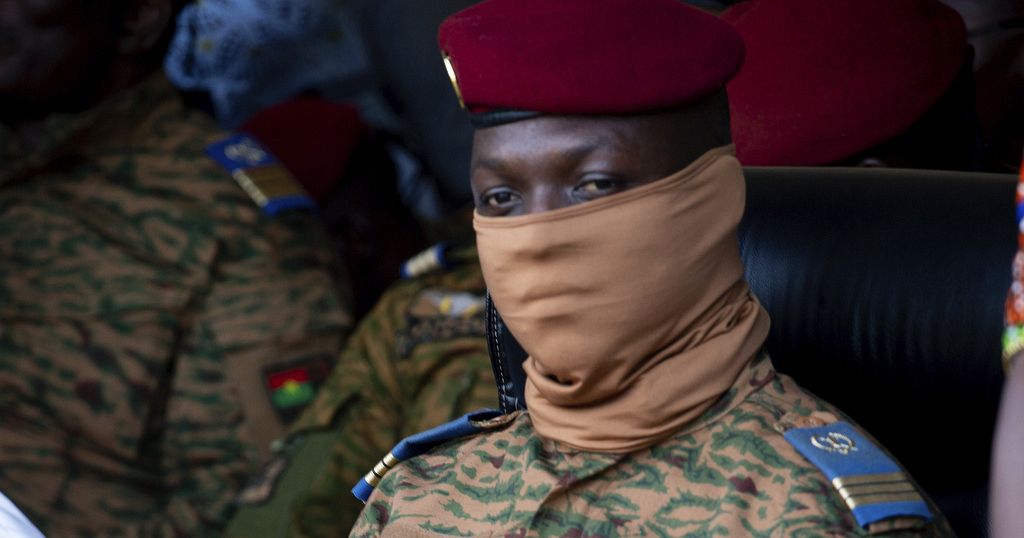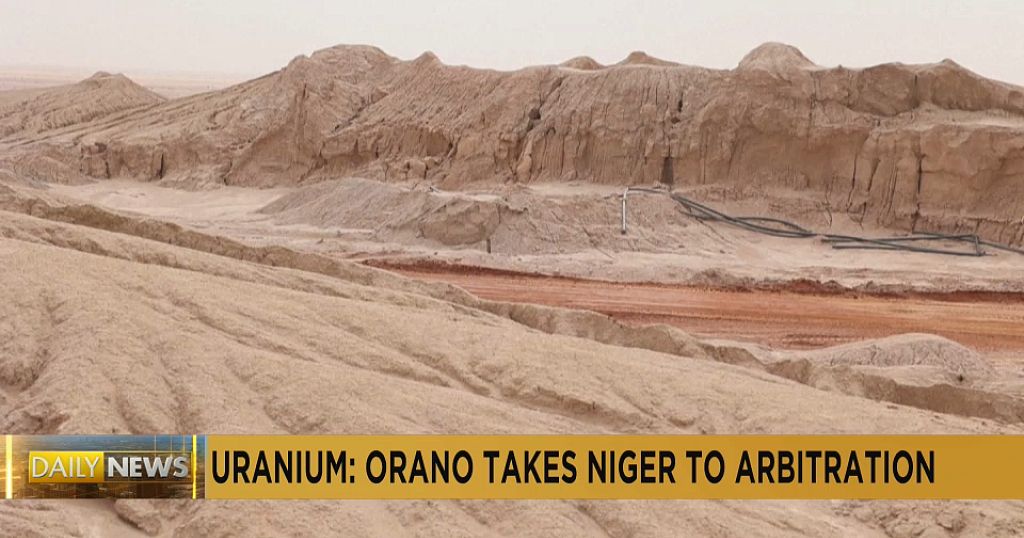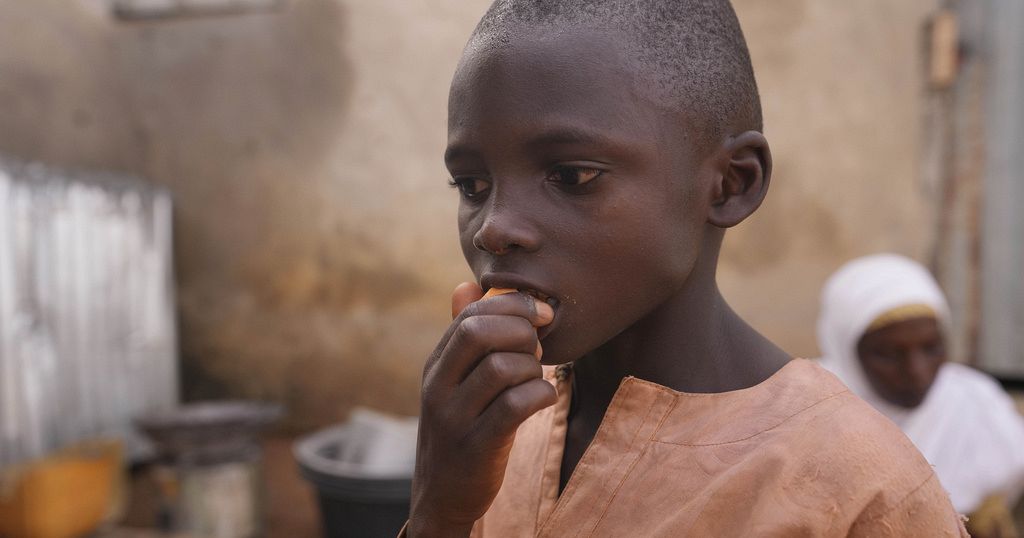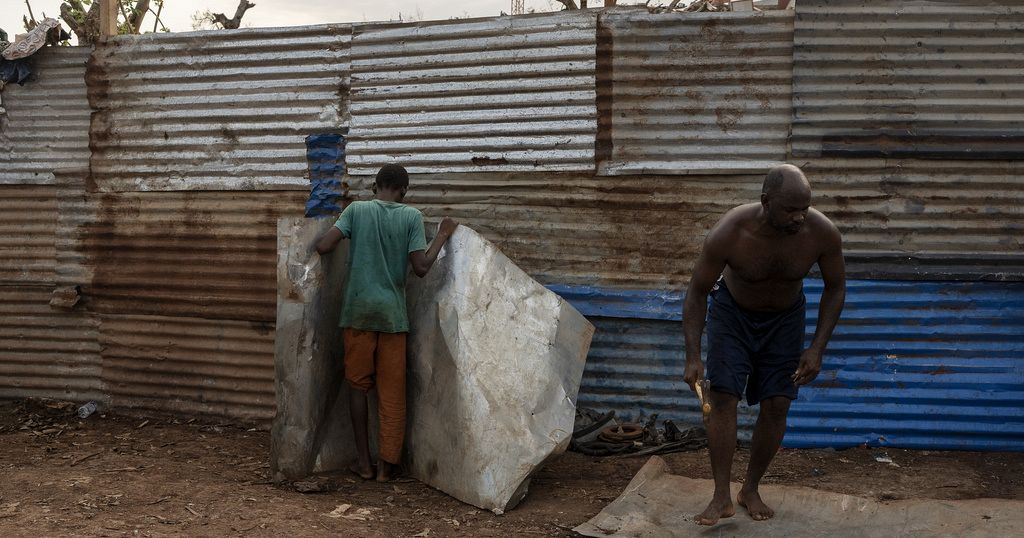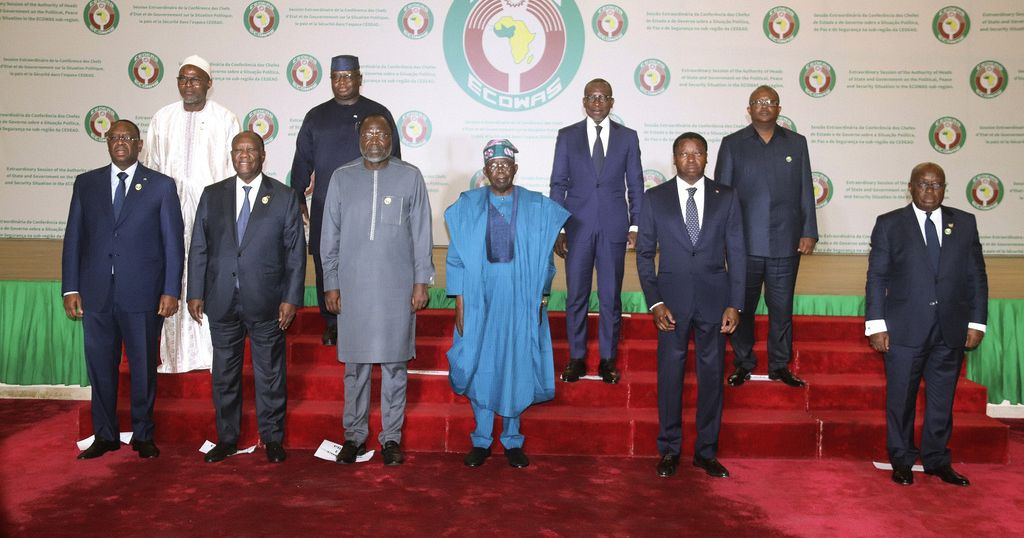Chess brightening future for displaced children in Congo’s refugee camp
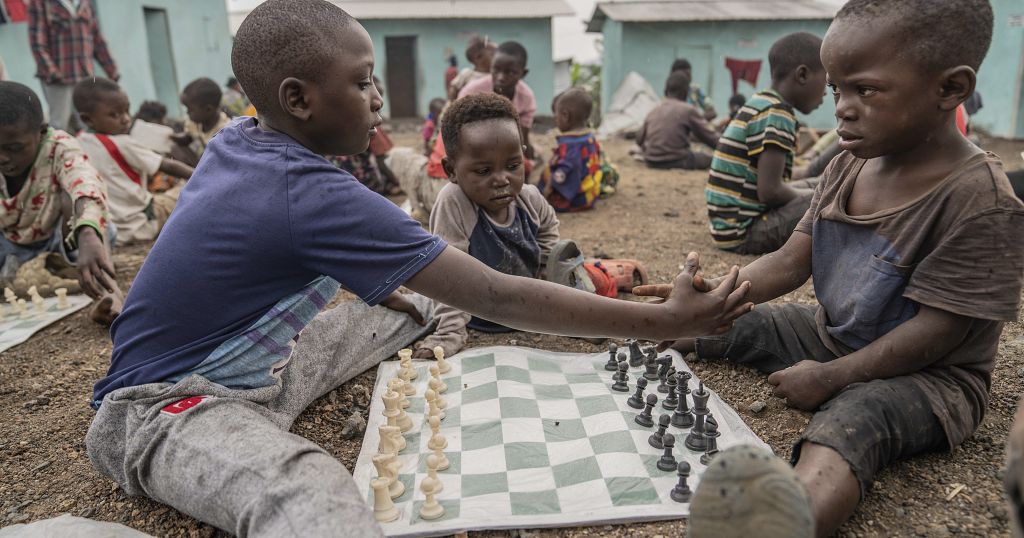
Moving the bishops into position, the children at the Kanyaruchinya refugee camp know their way around a chess board.
The game offers respite to young lives blighted by decades of violence in the DRC.
Thousands of children and their families have been forced to leave their homes in the east of the country.
In this camp outside Goma, life is disrupted and emotional and educational support is lacking.
But the Soga chess club has given children like 13 year-old Pendeza Muzo a mental escape.
She comes from Kibumba, a town that has seen intense fighting between M23 rebels and Congolese government forces.
“Bombs were falling everywhere and they were going right over our heads. But since these people came here to the camp to teach us chess, I have forgotten about the bombs. Sometimes, we even forget about our relatives who died when these people come to teach us chess. When we play this game, we can focus without having too many thoughts in our heads,” she says.
Arusi Niozima, who is also 13, says it has helped her bond with others living in the camp.
“Since we started playing chess, it has allowed us to make friends. It brings us joy. When we play, we are in a good mood, because we are here with our friends,” she says.
Arusi lives with her mother.
Facilities are rudimentary, with mother and daughter breaking up firewood before they cook a meal outside.
But the chess club gives parents hope that their children can have some form of childhood here.
“Since my children have been learning to play chess I feel very happy, because the children in the camps spend their time doing nothing. They are there, sad, every day, but since this game came, I see that the children are so happy and I am very happy,” says Arusi’s mother, Feza Ntwambaze.
The chess club teaches critical thinking and problem solving skills to children traumatised by life in this volatile region.
It was founded by Akili Bashige Lwenda.
Despite the difficult conditions, he hopes the game can help them.
“These are the most forgotten children on the planet. We don’t even have tables where we can put the chess boards. We put them right on the ground. These are unimaginable conditions,” he says.
“But we believe in them, we believe in their intelligence, we believe in their intellectual capacity. The fact that they are here in the camp does not exclude their intelligence, or their place in the intellectual world. We want them to fight for peace for us in the future, and the world must know that a child who is in a bad situation, that doesn’t signify that he is less intelligent.”
The decades-long conflict in eastern Congo has produced one of the world’s worst humanitarian crises, with over 100 armed groups fighting in the region, most for land and control of mines with valuable minerals.
Some are fighting to try to protect their communities.
Many groups are accused of carrying out mass killings, rapes and other human rights violations.
Akili Bashige Lwenda says the younger generations might be able to bring peace – if they get the right encouragement.
“It’s been three decades that our country has been going through a cycle of violence. We said to ourselves that in order to break this cycle we have to take care of the children. The children are the hope of tomorrow. So to work towards sustainable peace, the children have to be taught. They have to know how to manage themselves, and they have to know that every problem in life can’t be solved by violence, but by intelligence, by reflecting.”
The violence has displaced about seven million people, including thousands living in temporary camps like the Kanyaruchinya refugee camp.
Source: Africanews


